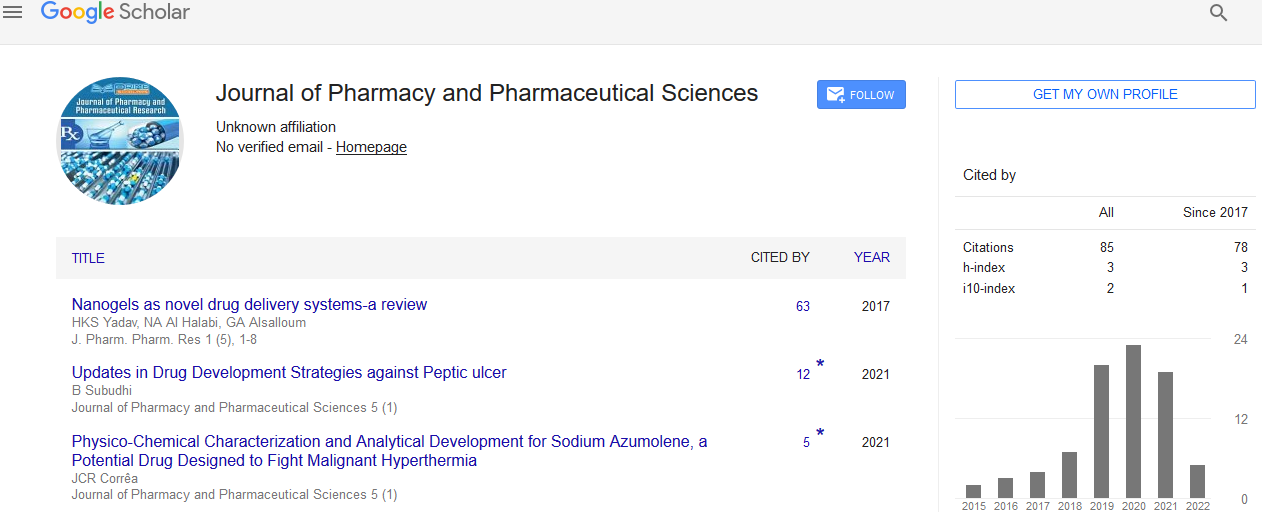Short Communication - (2022) Volume 6, Issue 6
Immunotherapy Enhances the Immune System’s Ability to Recognize,Target, and Eliminate Cancer Cells
Alice Kher*
Department of Biopharmaceutical, University of Guelma, Algeria
*Correspondence:
Alice Kher,
Department of Biopharmaceutical, University of Guelma,
Algeria,
Email:
Received: 30-Nov-2022, Manuscript No. IPIPR-23-15432;
Editor assigned: 02-Dec-2022, Pre QC No. IPIPR-23-15432 (PQ);
Reviewed: 16-Dec-2022, QC No. IPIPR-23-15432;
Revised: 21-Dec-2022, Manuscript No. IPIPR-23-15432 (R);
Published:
28-Dec-2022, DOI: 10.21767/IPIPR.22.6.27
INTRODUCTION
Cancer immunotherapies come in many forms, including targeted
antibodies, cancer vaccines, adoptive cell transfer, tumor-infecting
viruses, checkpoint inhibitors, cytokines, and adjuvants. Immunotherapy
is a form of biotherapy (also called biological therapy
or Biological Response Modifier (BRM) therapy) because it uses
materials from living organisms to fight disease. Cancer immunotherapy
takes advantage of the fact that cancer cells frequently
include tumour antigens, chemicals that can be recognised by
immune system antibody proteins and bind to them. Through
the immune system, active immunotherapy precisely targets tumour
cells. As an example, consider therapeutic cancer vaccines,
which work to strengthen the immune system to combat cancer.
Many immunotherapeutic treatments used to prevent, treat, or
cure various types of cancer are used in combination with surgery,
chemotherapy, radiation, or targeted therapies to improve their
effectiveness [1]. Immunotherapy is approved in the United States
and elsewhere to treat various cancers and is prescribed to patients
by oncologists. These approvals are the result of years of
research and trials aimed at demonstrating the efficacy of these
treatments.
Description
Immunotherapy is also available through clinical trials. This is a
carefully controlled and monitored study in patient volunteers.
The clinical success of cancer immunotherapy varies greatly
among various cancer types; for instance, some subtypes of gastric
cancer respond favourably to the treatment whereas immunotherapy
is ineffective for other subtypes Immunotherapy does
not always work for all patients, and certain types of immunotherapy
are associated with potentially serious but manageable side effects. Some immunotherapy treatments use genetic engineering
to enhance the ability of immune cells to fight cancer and are
sometimes called gene therapy. We are developing methods to
determine which patients are more likely to respond to immunotherapy
and which are not. Scientists haven’t mastered all of the
cancer-fighting capabilities of the immune system yet, but immunotherapy
is already helping prolong and save the lives of many
cancer patients. Immunotherapy has the potential to be more
precise, personalized, effective, and have fewer side effects than
current cancer treatments.
Many cancer patients and caregivers may be familiar with conventional
treatments such as chemotherapy and radiation [2,3]. A
form of cancer treatment that harnesses the power of the body’s
immune system to prevent, control, or eradicate cancer, several
key features of immunotherapy allow for a more specific response
to cancer increase. Immunotherapy enhances the immune system’s
ability to recognize, attack, and eliminate cancer cells anywhere
in the body, potentially becoming a universal response
to cancer. Immunotherapy is approved in the United States and
elsewhere as a first-line treatment for several types of cancer, and
may be an effective treatment for patients with certain types of
cancer who are resistant to previous treatments. There is a nature
Immunotherapy given alone or in combination with other cancer
treatments [4].
Conclusion
Adoptive cell therapy takes the patient’s own immune cells, enhances
or otherwise modifies them, and then reintroduces them
into the patient so that they can seek out and eliminate cancer
cells. CAR-T cell therapy modifies her cancer-fighting T cells and
equips them with specialized cancer-targeting receptors known as CARs (Chimeric Antigen Receptors) that enable greater anti-cancer
activity. Natural Killer Cells (NK) and Tumor Infiltrating Lymphocytes
(TIL) can also be boosted and re-infused into the patient.
Oncolytic virus therapy often, but not always, uses viruses that
have been modified to infect and self-destruct tumor cells. This
can attract the attention of immune cells to eliminate the primary
tumor and possibly other tumors throughout the body.
Acknowledgement
The author is grateful to the journal editor and the anonymous reviewers for their helpful comments and suggestions.
Conflict of Interest
The author declared no potential conflicts of interest for the research, authorship, and/or publication of this article.
References
- Jindal V (2018) Immunotherapy: A glimmer of hope for metastatic prostate cancer. Chin Clin Oncol 7(6): 61.
[Crossref] [Google Scholar] [Pubmed]
- Zhang J (2021) Current advances in drug design and cancer research. Curr Top Med Chem 21(15): 1307-1309.
[Crossref] [Google Scholar] [Pubmed]
- Bateman AC (2019) Molecules in cancer immunotherapy: Benefits and side effects. J Clin Pathol 72(1): 20-24.
[Crossref] [Google Scholar] [Pubmed]
- Graber N (2022) Vaccinal chronicity: Immunotherapy, primary care, and the temporal remaking of lung cancer's patienthood in Cuba. Anthropol Med 29(1):45-60.
[Crossref] [Google Scholar] [Pubmed]
Citation: Kher A (2022) Immunotherapy Enhances the Immune System’s Ability to Recognize, Target, and Eliminate Cancer Cells.
J Pharm Pharm Res. 6:27.
Copyright: © 2022 Kher A. This is an open-access article distributed under the terms of the Creative Commons Attribution License,
which permits unrestricted use, distribution, and reproduction in any medium, provided the original author and source
are credited.

